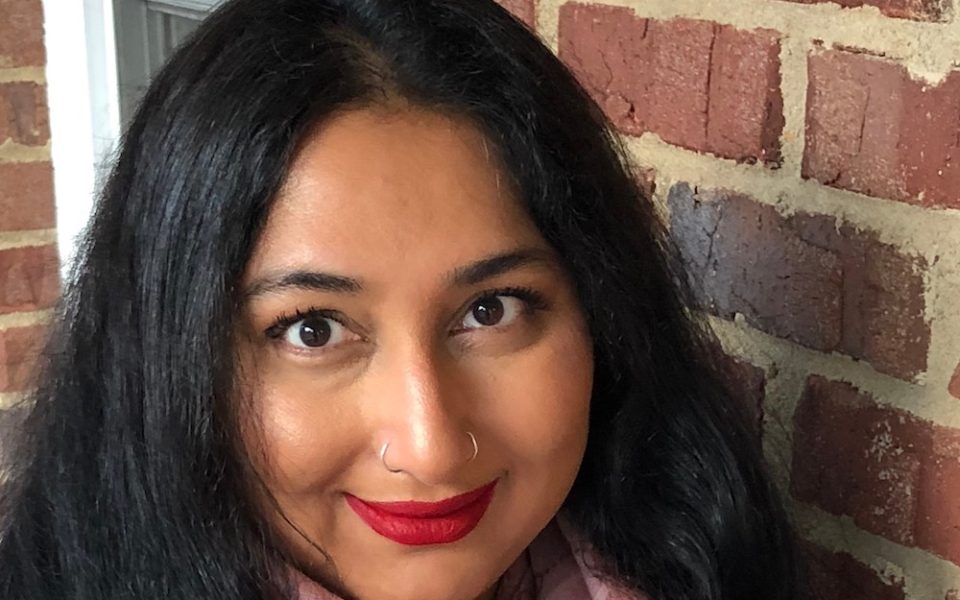Contemporary Muslim Writing with Huda Al-Marashi, moderated by Krista Bremer, UpStage Cabaret, Triad Stage, Saturday, 9:30 a.m.; The Novel Has Many Characters with Laurel Davis Huber, Etaf Rum, moderated by Michelle Young-Stone, Greensboro History Museum, Saturday, 12:30 p.m.
Author Soniah Kamal is obsessed with Jane Austen. The
Pakistani-American writer first read Pride
and Prejudice when she was 16.
“It is most quintessentially a Pakistani book,” she says.
“The culture is still very focused on marriage.”
Her second novel, Unmarriageable,
which debuted in January, is a parallel retelling of Austen’s most famous work.
“It hits all of Pride
and Prejudice’s plot points,” Kamal says. “I decided to take a book I love
so much and reorient it and set it in a post-colonial country.”
Kamal was born in Pakistan and spent her childhood growing
up in the country, as well as in England and Saudi Arabia. These days, she
lives in Georgia with her kids. She says that growing up, she read books from
all over the world and often reimagined the stories in the Pakistani culture
she grew up in.
“My desire to read stories that I loved in a Pakistani
context was strong enough for me to want to do it,” she says.
For her, there are parallels between Austen’s original text
and its background, and the context of Unmarriageable
that made the retelling make sense.

While modern Pakistan is a much more secular country than
the one Pride and Prejudice is set in
— women can drive, be doctors or even heads of state — the emphasis on marriage
and traditional gender roles for women in the home is much the same. Still,
Kamal wanted to capture the nuances and complexities of her culture and bring
them to light in her book.
“It’s not so much in the choices available for women, but in the choices that Austen makes to peel away the hypocrisies in the culture,” Kamal says. “She has a piercing eye on human nature. An eye for foolishness. For me, it’s her satire.”
Find the full 2019 GSO Bound schedule here.
Join the First Amendment Society, a membership that goes directly to funding TCB‘s newsroom.
We believe that reporting can save the world.
The TCB First Amendment Society recognizes the vital role of a free, unfettered press with a bundling of local experiences designed to build community, and unique engagements with our newsroom that will help you understand, and shape, local journalism’s critical role in uplifting the people in our cities.
All revenue goes directly into the newsroom as reporters’ salaries and freelance commissions.


Leave a Reply